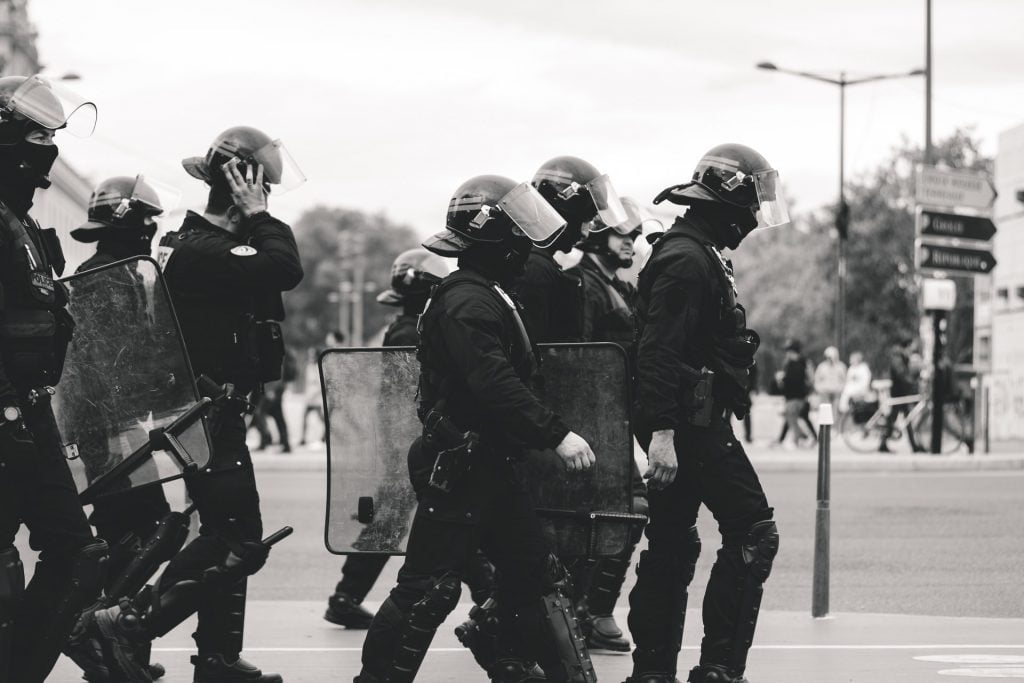2020 has been an incredibly tumultuous year. More and more citizens are showing interest in stronger workforce management for the police. Proper police training is paramount given the current political climate and the needs of the public safety workforce are ever-expanding.
Beyond the interest of public safety, there are other reasons why effective police training is a necessity. From general improvements to the public safety workforce to streamlining training programs to create stronger standards of conduct and communication, certain companies are looking toward the future of policing and what it might hold.
A Growing Divide
One of the biggest concerns of the modern political climate is that there’s a widening gap between the interests of the general population as well as the public safety workforce. As such, many districts and precincts are brainstorming ways to create baselines for training and continued education for officers and administration.
However, numerous cities are finding this difficult. Because the sociopolitical divide between the public and the police seems to many like an “us versus them” issue, it’s paramount that police precincts and other government agencies to find new, more effective ways to train employees and to keep them to code.
Police have always been branded as acting within the public interest. Unfortunately, when officers aren’t trained properly or don’t receive the right guidance and materials, conflict in the field is almost a given. As seen with recent protests, some officers act outside the line and scope of duty.
Commonly, this boils down to improper training. While this isn’t to place all of the faults with administration and training bodies, it’s understandable that lackluster training could have a distinctive impact. Many public works programs, including plenty of police forces, are struggling with employee needs and general constraints. This means developing in-house training protocols and materials is often unrealistic. So where can police forces turn when they need to ensure that the training they provide is consistent? What organizations offer consulting and guidance for civil servants?
That’s where companies like Orion Communications come in.
A Smarter Solution
Orion Communications develops public safety workforce management software. While that sounds like a mouthful, it boils down to one integral concept: more efficient, effective training. When the training process is done ineffectively and inefficiently, it leaves knowledge gaps. Should these knowledge gaps prove to be too great, it causes dangerous working conditions not only for the officer being trained but also for their partners and colleagues. The Orion software suite seeks to remedy some of these common issues. As a certified Azure Government provider, Orion has developed cloud software that streamlines a great deal of the training process. Orion has worked with police forces, government agencies, and more in the effort to rethink the structure of organizational workforce management.
Orion focuses on two key concepts: transparency and accountability. These two concepts are reflected directly in the Orion software suite. Orion seeks to help agencies rethink the ideas of effectiveness, resiliency, and efficiency. And since Orion is acutely aware of today’s political climate, the organization fully understands the rigors required of modern law enforcement. The software suite can enable law enforcement agency to define and enforce ongoing policy changes, adjust agency finances in the face of potential government defunding measures, track and monitor COVID-related costs, expensing, and other financial reimbursement needs, and even sure that training is both achieved and recorded on a personal basis.
Though the future may seem uncertain to may law enforcement branches, Orion is dedicated to helping police and other civil servants forge a path forward. With an intuitive approach to law enforcement workforce management, Orion can help agencies reshape into something better and more cohesive.





